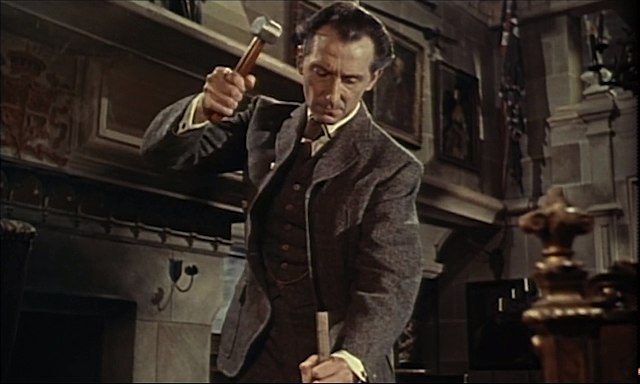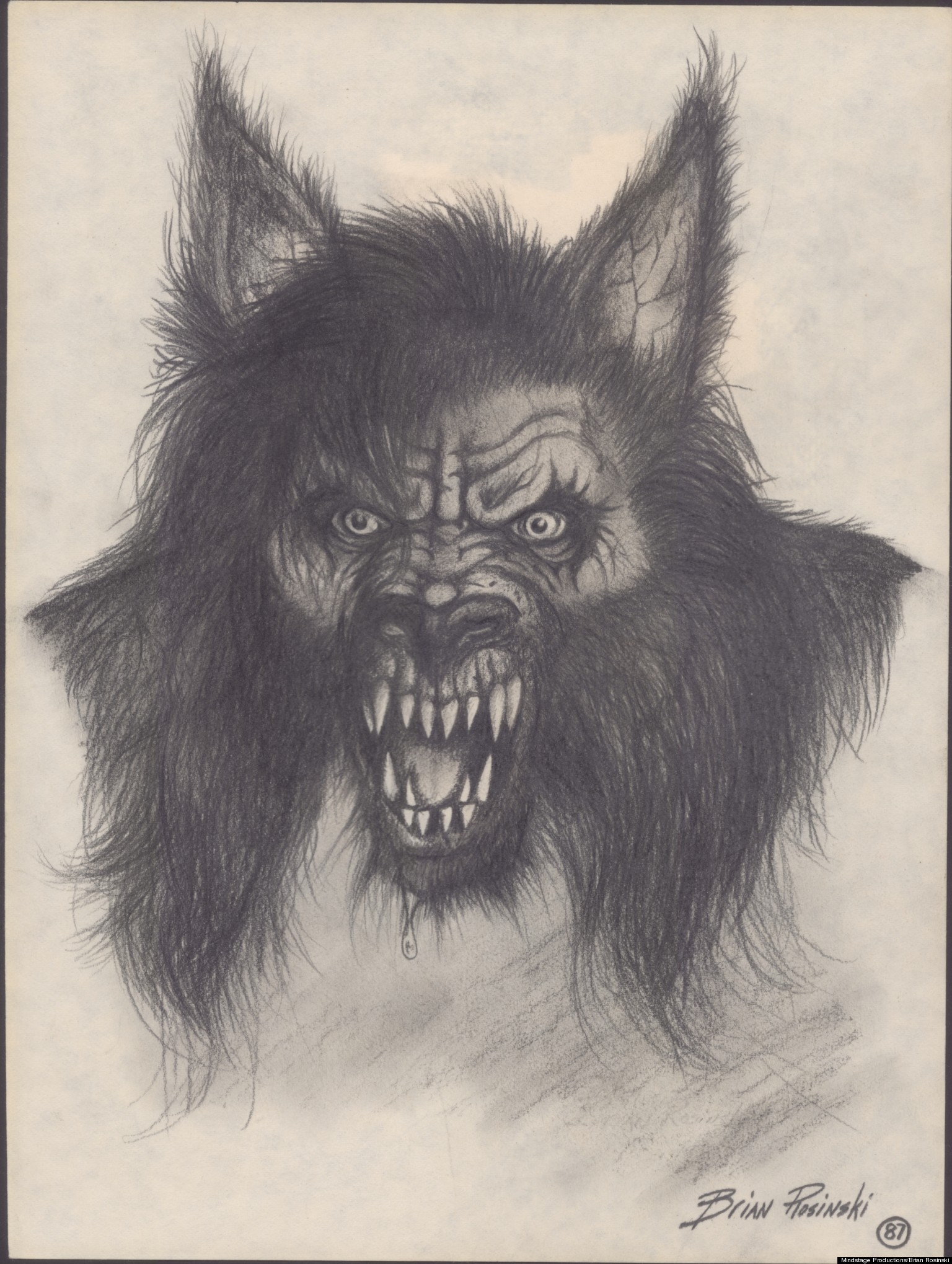The book 20th Century Ghosts features the short story “Abraham’s Boys” by the author of the collection Joe Hill. It took me by surprise.
Published in 2005, the novel contains a cache of excellent fiction and short stories that veer from the horrifying to the wistful. The titular short story appears in this collection, and it’s startlingly dark and wonderful. Hill’s writing style is amazingly conversational and specific enough to carry complex stories of horror and trauma.
Moreover, I didn’t realize Hill was Stephen King’s kid when I read 20th Century Ghosts. I also couldn’t believe that I preferred Hill’s writing style to King’s at the time (due to author saturation). These days, I just have my favorite stories from both authors. But, at the time I was really impressed with the output and quality of stories from Hill.
Regardless, this collection of short stories still impresses me, as there are a number of “classic” short stories inside. “Abraham’s Boys” is just one of those classics. I assume that I will cover many of the others on this blog as well.
Today, we are going to summarize the story, read a few reviews, and analyze its contents for a deeper meaning.

Short Story Summary
The story tells the tale of the legendary vampire slayer Abraham Van Helsing and his exploits as he tries to raise his sons, Max and Rudy. Rudy is reluctant to engage in the family business, while Max is fully dedicated to his father’s work.
At least, it seems important to their father. During the story, Max has to suppress of “shudder of revulsion” because saying “that “his father was superstitious was an understatement of grotesquely funny proportions” (Hill).
Meanwhile, Abraham Van Helsing is an unsavory fellow whose obsession is something akin to the worst dependencies imaginable. His steadfast and abusive personality and violent attitude negatively affect his sons both physically and mentally. After Rudy runs late getting home one night, Van Helsing does not let it slide lightly and disciplines the boy with a quirt, or a small riding whip.
As Max tells us: “The quirt came down with a meaty smack, and Rudy, who would be ten in two weeks, screamed. Max ground his teeth, his hands still digging in his hair; pressed his wrists against his ears, trying vainly to block out the sounds of shrieking, and of the quirt striking at flesh, fat and bone” (Hill).
…
“Help your brother in,” Van Helsing tells Max after the beating. “You see what you make me do.”
Throughout the story, Van Helsing’s psychological well-being is called into question. In fact, it starts to become clear that their father’s mission may be something less dramatic and more psychosomatic. As such, the boys eventually take it upon themselves to stand against this menace to save innocent lives and themselves.
Thoughts
The short story “Abraham’s Boys” by Joe Hill is a haunting tale of family legacy. It drives home the idea that the legendary heroes of our lives (our parents whom we look up to and cherish) are, in fact, monsters in their own right. In Hill’s story, we have the pinnacle of that evil, which manifests in the physical, mental, and abuses perpetrated by an unwell doctor who believes evil creatures infest the world. His children’s naivete soon turns cynical as they come to terms with their father’s maniacal extracurricular exploits.
It’s a sinister story that leaves the reader with a deep sadness for lost youth and truly meeting our heroes.
Works Cited
Hill, Joe. “Abraham’s Boys.” Fifty-Two Stories. Harper Perennial. Web: http://www.fiftytwostories.com/?p=597



